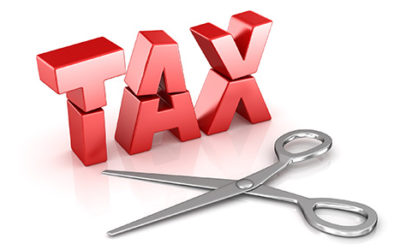The economic impact of the COVID-19 has been enormous. Some estimates suggest over 30 million Americans have filed for unemployment benefits as a result of this economic impact.
Normally when applying for unemployment, you would be eligible to receive a certain percent of your prior wages for up to 26 weeks, subject to a maximum limit set by the state. However, due to the economic trouble faced by Americans, the recently passed CARES Act allows qualifying Americans to receive an extra $600 per week in addition to your current unemployment benefits until July 31, 2020.
What most people do not realize, however, is that these benefits from unemployment, whether it is from the state or federal government, will be considered as taxable income. The following year, you will receive a 1099-G from your state’s unemployment division that will reflect the total unemployment compensation you received and any taxes withheld.
Are unemployment benefits taxed?
Yes, all unemployment compensation is taxable. This income will be taxed at your ordinary tax rate. However, you do not need to pay Social Security and Medicare taxes on this unemployment income.
Paying taxes on unemployment compensation
You have multiple options in paying taxes on the unemployment compensation you receive as listed below:
- You could withhold a fixed rate of 10% from your unemployment check, similar to how your taxes would be withheld from your traditional paycheck. To set this up, you would have to file Form W-4V (Voluntary Withholding Request).
- If you opt to receive the full unemployment amount on the check, you could choose to not withhold anything from your unemployment checks and pay all of the taxes you owe the following year while filing your returns. However, bear in mind that if the amount you owe the IRS at the end of the year goes beyond a certain limit, you could be subject to additional penalties and interest.
- You could choose to not withhold taxes from each unemployment paycheck but rather make estimated quarterly payments to the IRS. By making these quarterly payments you would be able to minimize the amount you owe at the end of the year. This would help in avoiding any possible penalties and interest charges. Since this requires accurate calculations, we can assist you in estimating the amount you would need to pay every quarter.
Contact us for more information today about choosing this option!


